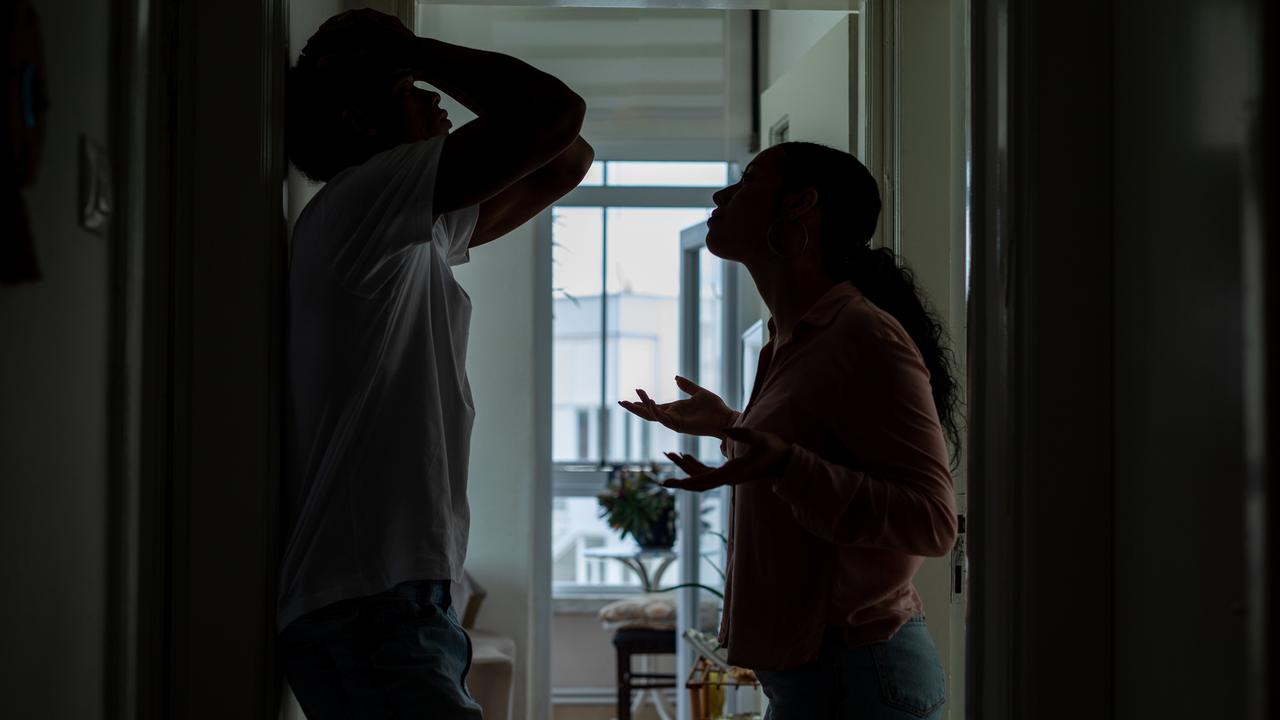‘I live with constant regret about my last relationship’
An Aussie woman has detailed the relentless psychological abuse she received in a relationship and what made her stay.

Welcome to Relationship Rehab, news.com.au’s weekly column solving all your romantic problems, no holds barred.
This week, our resident sexologist Isiah McKimmie helps a woman struggling to move on from a toxic relationship.
QUESTION: I left a nine-year bad relationship just over 12 months ago. By the time I left this relationship I was well and truly over this person, I did feel love for him at one stage, but his constant bullying, mood swings and put-downs wore me out until I could barely function without alcohol and constant negative thoughts. I no longer hate him but I’m finding it very hard to shake the consistent memories of what he said to me and how he acted (my first thought when I wake up is why?). It’s like I’m still in a relationship with him in my head, I’m constantly trying to justify his actions and my reactions, and vice versa. This is a man I could never have a conversation with without him deflecting and throwing it back onto me – I knew deep down I should have left him six months into the relationship so I blame myself for staying. Please help me – how do I move past this stage?
ANSWER: I want to start by congratulating you on leaving and choosing your own healing. Leaving abusive or toxic relationships can be hugely challenging.
I know it’s easy for you (and, I’m sure, others) to judge yourself for staying for as long as you did, but I want you to acknowledge the powerful choice you made to end it. Many people never do. You had the courage to leave.

Recovering from abusive or toxic relationships takes time
Recovering from abusive or toxic relationships takes time. It’s normal to experience ongoing effects such as intrusive thoughts, self-doubt or post-traumatic stress disorder.
It sounds like you’re already on your way to healing.
Here are some suggestions that can help you heal further from this damaging relationship:
1. Acknowledge there were reasons you stayed
Your choice to stay wasn’t without reason and it wasn’t because there’s something wrong with you.
Often, the roots of our decisions trace back to childhood or past relationships. My guess is that if we looked at your childhood and relationship history, we would find the roots of the beliefs and patterns that allowed you to be in a relationship like this for so long.
Recognising this can help you forgive yourself and feel more compassion for your decisions.
2. Accept that his actions will never truly make sense
Hurt people, hurt people. It’s likely that there’s trauma and/or emotional neglect in you ex’s past.
That doesn’t justify his actions and it never truly explains why he would act in the ways he did. Some actions defy both logic and justification.
Trying to understand the behaviours of someone like this only impacts our own mental health.

3. Stop asking ‘why’
Questions of ‘why’ aren’t usually helpful. We can trick ourselves into believing that if we just knew ‘why’ we’d be able to move on, but it just keeps us in an endless loop of questions with answers that are never satisfying.
What is the emotion you’re feeling along with the question?
My guess is regret, sadness that you allowed it to continue for so long and potentially fear that you might allow yourself to be stuck in a pattern like that again.
Acknowledge and process those emotions, rather than asking questions that can never be answered.
4. Build your support system
We heal faster with support. Secure connections to reliable, loving people help to rewire our brain for trauma recovery and resilience.
We often lose these kinds of connections when we’re in unhealthy relationships.
Surround yourself with people who uplift you, understand you and show compassion for what you’ve been through.

5. Get professional support
Seeing a professional counsellor can be a vital part of your support network, helping you overcome intrusive thoughts and building your sense of safety and confidence.
6. Be kind to yourself
The blame you’re placing on yourself is a continuation of the blame you were subjected to in the relationship – and maybe in your childhood.
You don’t need to blame yourself anymore.
Practise positive self talk when you find yourself in unhelpful thinking patterns. Imagine what you would say to a friend in the same situation. Celebrate your small victories and recognise the strength it took to get where you are now.

7. Keep taking actions that support you
Engage in activities that nurture your wellbeing and growth. Practise self-care and setting goals. Each step you take for you strengthens your resilience.
Be gentle with yourself as you continue to heal. You’ve done so well to get this far.
Isiah McKimmie is a Couples Therapist, Sexologist, Sex Therapist and Lecturer. To book a session with her, visit her website or follow her on Instagram for more advice on relationships, sex and intimacy.






